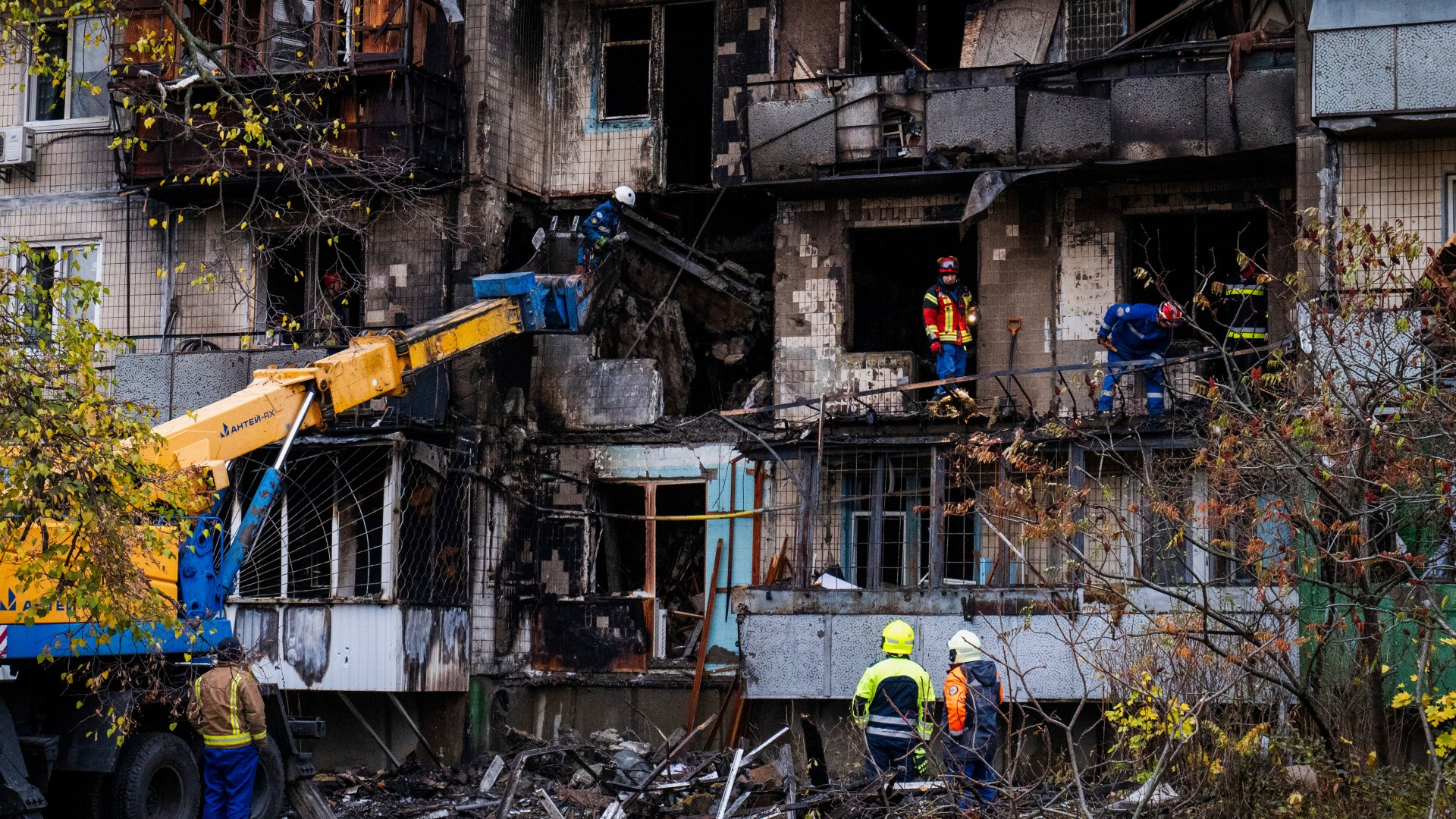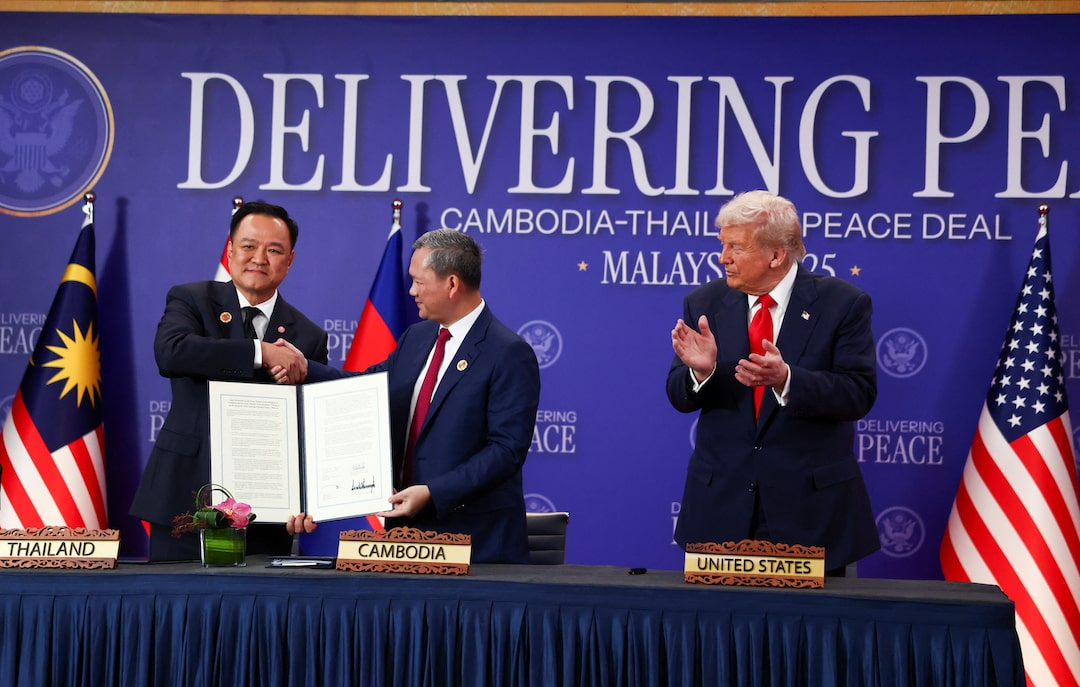How to attract Indian tourists

How to attract Indian tourists
Economist ,
INDIANS ARE on the move. In 2019 international departures from India hit 27m, a number that will surely be exceeded this year and is predicted to rise to 90m by 2040. Annual spending on foreign travel by Indians will nearly triple to $89bn in three years, reckons Bernstein, a research firm.
Airlines’ networks are being expanded and redesigned to handle larger numbers of Indian tourists (see Business section). Many trips are for business or to visit friends and family. But about 40% are pure leisure, and holidaymakers pack fat wallets.

Around the world tourism boards, hotels and restaurateurs are starting to compete for Indian travellers, especially in the Middle East and South-East Asia (see International section). That makes sense. Tourism accounts for 3% of global GDP.
It creates jobs, boosts exports and builds cultural ties. A long boom in tourism from China is flagging: its travellers made only 87m trips last year, 40% fewer than they did before covid-19 prompted China to turn inward. All the more reason, then, to lay out the red carpet for Asia’s other giant. But how should countries attract Indian travellers?
Tears for their country
New York Times,
Jeison Gabriel España left home on July 28 to vote for the first — and last — time in his brief life. A day after casting his ballot in a presidential election that had united millions of Venezuelans in a call for change, Mr. España, 18, was shot and killed in the streets.
The country’s authoritarian leader, Nicolás Maduro, had claimed victory despite overwhelming evidence that the opposition candidate had won. Then he sent security forces to crush dissent. “Why did they kill my child?” Mr. España’s aunt, who raised him, cried at his funeral.

Now, Venezuela is in mourning, not just for the roughly 24 people dead amid violent demonstrations but also for the last shreds of a long-tattered democracy. Whatever small spaces still existed for resistance in the country are vanishing by the day, if not the hour, as an angry Mr.
Maduro pummels an electorate that tried to vote him out. For years, many Venezuelan families splintered by migration believed that they would eventually unite in an improved, if perhaps not wholly democratic, Venezuela. Following the election, many are burying that dream.
“I will never return to Venezuela,” said one young woman, a data scientist living in Chile, asking that her name not be published because her mother and other relatives remain in her home country. “Venezuela has become my worst nightmare.”
Concern over ‘attainment gap’ as GCSEs return to pre-Covid levels
The Guardian,
The aftermath of the Covid pandemic has been squeezed out of GCSE results as 16-year-olds received grades more similar to pre-pandemic levels in England, Wales and Northern Ireland.But there were wide regional variations in results across England, with students in London powering ahead of pre-pandemic grades, while top grades in Wales and Northern Ireland came down with a bump compared with last year.
Ian Bauckham, the head of England’s exams regulator, Ofqual, hailed this year’s results as a return to consistency, with 70.4% of entries by pupils in year 11 receiving a grade 4 – equivalent to a C – or higher, a touch higher than the 70.3% in 2023 and half a percentage point above 2019.

Bauckham said: “It is evidence that we have settled back into a pattern of dependable and trustworthy results.“Exams and assessments are tough tests for students, but they want the opportunity to demonstrate what they know, understand and can do – and they want their final qualification grade to reflect this accurately.
“The exam system in England has delivered this again, and students, employers and educators can be confident in these results.” Catherine McKinnell, the schools minister for England, said: “While this is a moment to celebrate, I am deeply concerned about the inequalities in our education system, with where you live and what type of school you attend still being too big an influence on your opportunities.
“Our review of the curriculum will break down barriers and ensure art, sport, music and drama are no longer the preserve of a privileged few.” The proportion of private school pupils awarded top grades increased to 48.4% of entries with grade 7 or higher, up from 48.1% in 2018-19 before the pandemic.



















